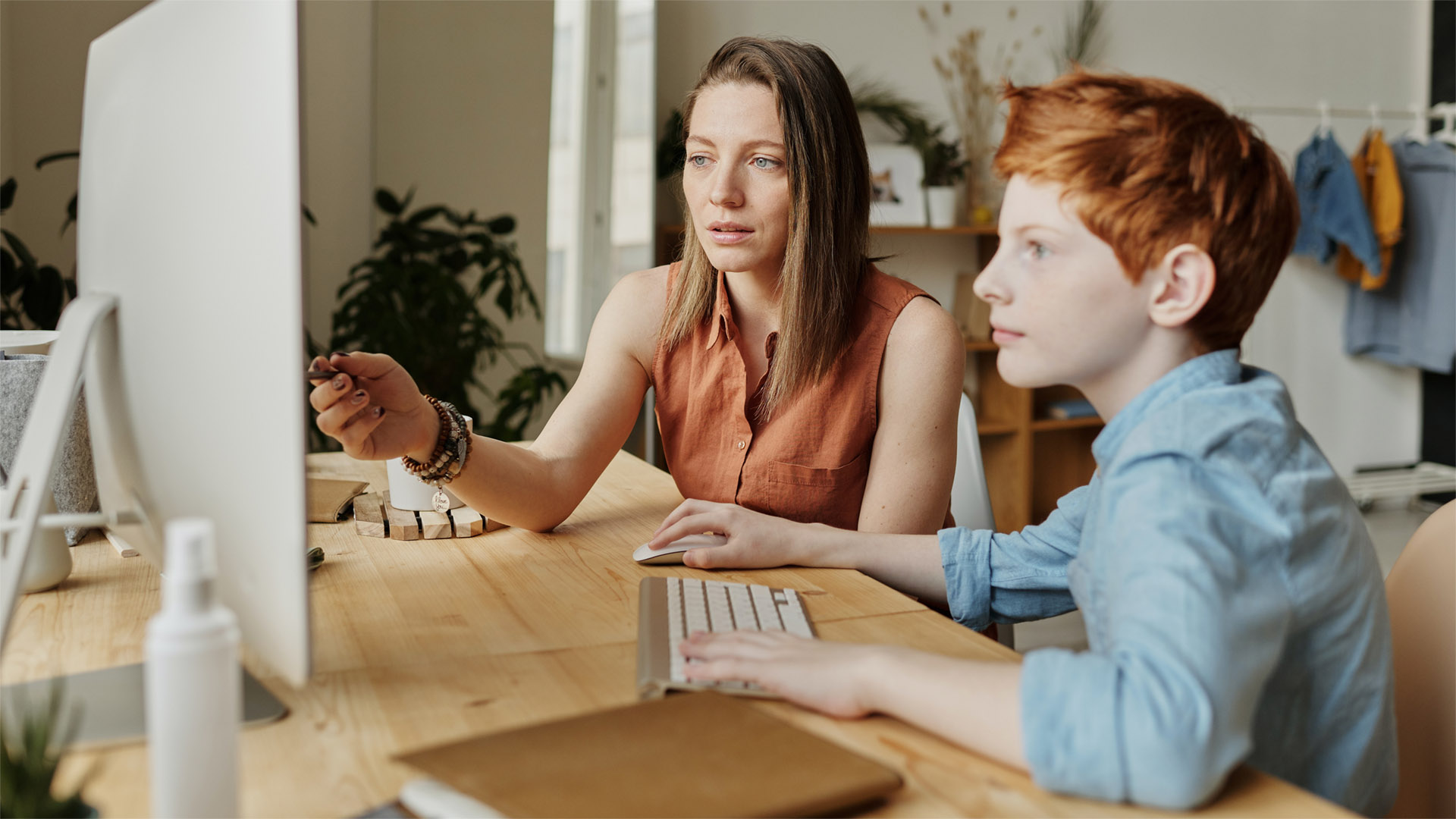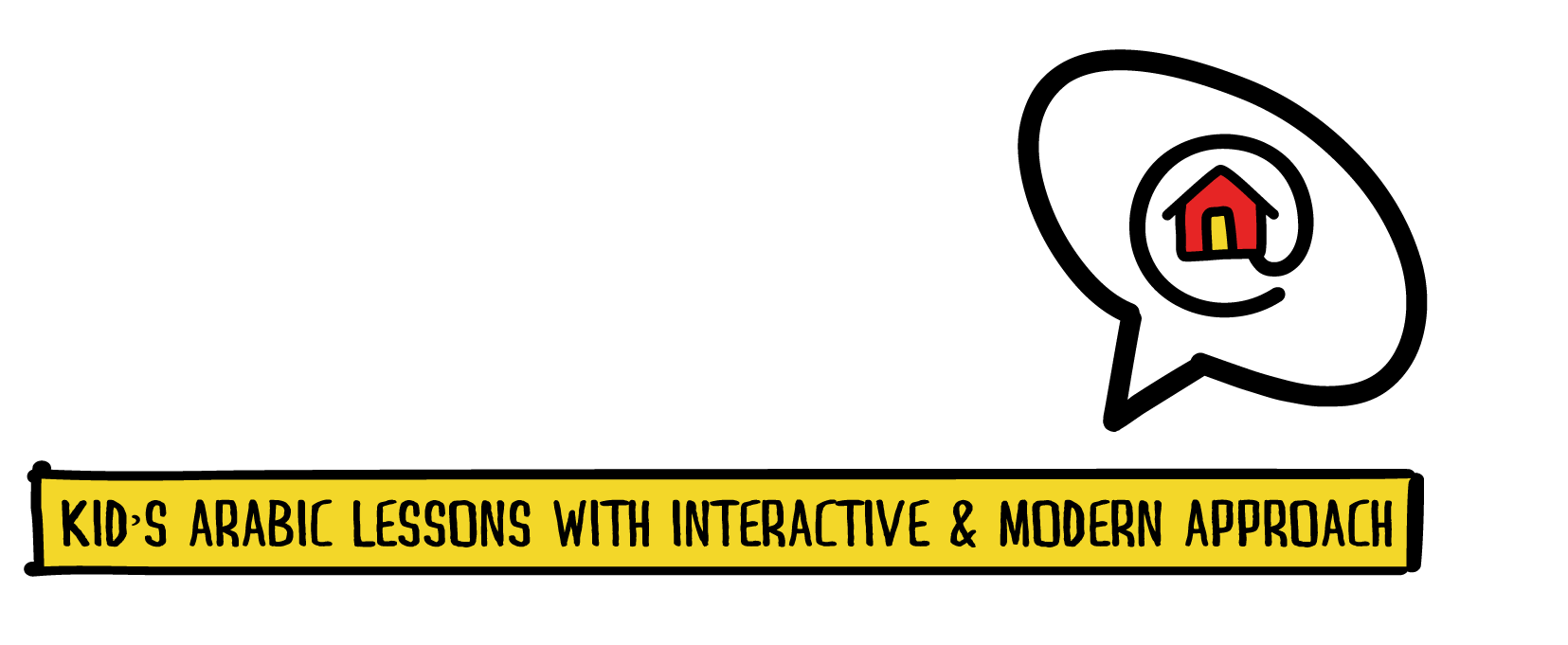Educating Children on the Benefits of Making Mistakes
I make mistakes to learn!
We often – and of course unintentionally – tell ourselves first, and then our kids that we should never make mistakes as it is “unethical”, but we must tell you that you are completely and utterly mistaken (have you noticed the play on words?).
Mistakes are made for us to learn. Especially when it comes to mistakes committed by kids! Learning from mistakes and errors is an essential part of child and adolescent development. This is a concept that most adults understand. However, we have failed to teach our children that making mistakes can be beneficial.
Many children come to us during their online Arabic Sessions and explain to us their visions of making mistakes and errors, and we have noticed that the majority grow up in a society that expects them to be exemplary, to get the highest grades, and to be accepted into the finest universities. Parents can even help their children with their grades by correcting and completing their homework. Some parents argue with teachers who try to point out a child’s areas of improvement. We’ll show you how we can teach our children that making mistakes is part of healthy development.
Mistakes help us learn!
Whether it’s doing homework, making friends, or participating in sports, trial and error enhance learning. Learning from our mistakes is one way to push ourselves to do things differently. It encourages us to try more innovative and creative approaches to problem-solving. Learning from mistakes helps develop wisdom and sound judgment over a lifetime. Historically, educators have created learning environments that do not encourage mistakes. Parents have also followed suit. For example, if we drill children into the same Arabic problem over and over, they will eventually remember the answer. If they’re lucky, they’ll recall the answer on a standardized test. This learning approach assumes that allowing students to make mistakes will result in them not learning the correct information. However, recent research shows that this is an incorrect assumption. In fact, studies have shown that learning from mistakes improves rather than hinders learning.
Moving on, during our Arabic One-on-One session we ensure the children that committing mistakes isn’t only allowed, but also is a major tool for them to learn, memorize and acquire. Everyone is subject to mistakes, and accumulating experience and knowledge allows us to become wiser. No one is born educated and knows everything. Our intent is not to encourage kids to make mistakes. We want them to succeed, but we won’t judge them if they do!
Parents, we’ve gathered 10 ways for you to know how to accept the mistake and embrace it:
- 1. Recognize that you do not expect them to be perfectly qualified.
- 2. Make it clear to them that your love is unconditional, regardless of their errors or lapses in judgment.
- 3. Don’t save children from their mistakes. Instead, concentrate on the solution.
- 4. Give examples of your own mistakes, the consequences of those mistakes, and how you learned from them.
- 5. Encourage children to accept responsibility for their actions rather than blaming others.
- 6. Avoid bringing up your child’s previous mistakes. Instead, concentrate on the one at hand.
- 7. Children should be praised for their ability to admit their mistakes.
- 8. Praise children for their perseverance and courage in the face of adversity.
- 9. Teach your child how to apologize when their actions have caused harm to others.
- 10. Help children see the benefits of making mistakes!
No one is exempted from making mistakes. Therefore, the most effective solution is for both parents and teachers to handle the situation well and not to get overzealous in their handling of the matter. Kids look up to us and for them, we know everything. If we make them feel wrong, they will, in turn, treat their friends similarly. This will lead to more complicated problems. Trust your kids and allow them to be kids. Kalima team is here to support you and guide you through the adventurous journey of being a parent. Follow us on Instagram (@kalima.lb) and stay tuned for more tips and Arabic lessons!


